
Welcome to the World of Complete Emuna
A life without brachot (blessings) is not a life! A Jew’s day should be saturated with brachot - begin with brachot and end with brachot. Our lives as Jews are all about brachot and gratitude to Hashem.

Translated from Rabbi Arush’s feature article in the weekly Chut shel Chessed newsletter. The articles focus on his main message: “Loving others as yourself” and emuna.
Car Insurance
One of our avreichim (married Torah students) wanted to purchase a certain car. His brother had the same model and he asked him whether he should buy that model. The brother gave him an answer that astonished him:
“Listen, my dear brother. After I bought this car, a friend came over to me and told me it was a very bad car to buy; he said it had a lot of problems and broke down frequently. ‘You’ll spend all day in the garage,’ he said. I decided that I was going to thank Hashem. Every time I got into the car, I thanked Hashem for every part of it: the engine, the tires, the steering wheel, the gears, the headlights, the windows, the mirrors. I made sure to list all the parts of the car known to me.
“And believe me, bli ayin hara, for years already I’ve been taking it to the garage only for routine treatments. No breakdowns. And if that isn’t enough, I’ll tell you even more. A few years passed and I had to change the tires. When I went to buy new tires, the salesman said to me: ‘What are you talking about? Your tires are new!’ I had been driving around for five years with the same tires, and they remained like new! Do you understand?”
Gratitude is Life
In the days of David Hamelech, a”h, there was a plague in which one hundred young men died every day. The sages of the time tried to figure out why this was happening, and their conclusion was that everyone should make one hundred brachot (blessings) every day. The plague stopped. There is a deep message here. Chazal understood that the life of a Jew depends on thanking Hashem. A life without brachot is not a life. A Jew’s day should be saturated with brachot, begin with brachot and end with brachot. Our lives as Jews are all about brachot and gratitude to Hashem. This is what gives us life.
“One hundred” means something whole. In the language of the Torah, something whole and unblemished is called tamim. One hundred brachot is the demand that we should be whole in our gratitude towards Hashem. Not a “thank you” here and there. Not every quarter day or even half a day, and not even ninety percent of the day. We need one hundred, one hundred percent. Gratitude from head to toe – a life that is one big mass of gratitude.
And therefore, even one hundred brachot aren’t enough; it’s just the general direction. Because although Chazal instituted the blessings to be said on things that cause us pleasure and the blessings to be said in praise of life and creation, clearly the intention was to teach us to search for and find every pleasure in our lives and thank Hashem for it. To search for and find every opportunity to praise the Creator.
A Sea of Chassadim
Think about it: If we are commanded to bless Hashem in a heartfelt manner for a cucumber or a small radish, “Blessed are You, Hashem, our G-d, King of the World, Who creates the fruit of the earth,” how much would we have to be thankful for the air-conditioner? What a significant pleasure! We are going through hot summer days and in the hottest hours of the day we go crazy. We are sweating, and the heat leaves us non-functional; we can’t concentrate, nor learn, nor daven. We end up angry and irritable and it’s even harder for us to think.
But Hashem had mercy on us, and almost everywhere today, even when traveling, there is an air-conditioner that enables us to get through a hot day in a completely different state from what we described above. This is no small pleasure – it’s a huge one. If we had the power to institute blessings in our generation, it would be right to make at least seven blessings on such a pleasure, if not more. So, it is true that we don’t have permission to add blessings in which we mention Hashem’s Name and His malchut (kingship), but at least we can still thank Hashem endlessly for this huge chessed – without mentioning Shem and malchut – all day long and not forget it, since Hashem does good for us every minute of our lives.
And what can we say about water that comes from the tap, washing machines, electricity, etc. etc.? And believe me, the list is endless. And, of course, we should thank Hashem not only for those big, life-changing things, but we should do so also for every “little” chessed: a table, a chair, a book, a garment.
And also, when you live your gratitude to Hashem and look at the endless number of pleasures you have in life – then when you make the blessing “Shehakol nihyah bidvaro” on a glass of water or on some food, you will have the intention to include all those pleasures that you live with every day and are grateful for. You will “pour” into the bracha your feelings about all the immense and never-ending chassadim that surround you.
Gratitude is Emuna
A Jew who is tamim is a whole Jew. He is wholehearted in his gratitude; indeed, his whole essence is gratitude. When you are wholehearted in your gratitude and do not distract yourself from it, you do not allow complaints and self-pity to ruin your life. Because there is nothing more harmful to a person and to the world than self-pity and ingratitude.
That is the foundation of emuna. Emuna is to live the reality that everything is good. When you look only for the good and you are happy with it, you live the faith that everything is good. And if you don’t see all the good and the chessed, you are disconnected from emuna.
The author of the Chovot Halevavot says that there are three possible mindsets that distance a person from the faith that everything is for the good:
The first possible mindset is that a person sees only what he lacks. All day long he contemplates what he doesn’t have, talks about it, complains about it. His entire day is all about what he lacks. He sees just the bad – how can he believe that everything is for the good?
The second possible mindset is that a person takes for granted all the good he has in life. As we mentioned, he has electricity, and an air-conditioner, refrigerator and stove, telephone and car – and he doesn’t appreciate all that; isn’t impressed, isn’t excited, and does not thank Hashem endlessly. He is already “used to it”. And if he has so much good but he doesn’t feel or see it, then he really doesn’t see or feel that Hashem is good.
To counter these two possible mindsets, we can certainly increase our thanks, accustom ourselves to always be thanking. It is really work. What is your work? My main work is to search for chassadim and to give thanks, and, besides that, I am also an avreich/teacher/ driver/electrician – but these are only my secondary occupations.
Give Thanks – A Way to Alleviate Suffering
But the third possible situation that prevents from a person from believing that everything is for the good is the most difficult of them all – suffering. At the time of the suffering, the sufferer is in pain, and life is difficult, and he forgets all of Hashem’s good. His pain blunts all feeling and blurs his faith. He is in pain, and when he is in pain, it is very hard to see that Hashem is good.
And therefore, in times of suffering, too, the advice is to thank Hashem ceaselessly. Particularly when you are in pain, you should thank Hashem again and again; particularly when in trouble you must search for all the abundance Hashem blesses you with and thank Him for it. Particularly in times of distress you must be extremely careful not to lose your faith, and not only will that preserve your faith, but it will also lessen your feeling of suffering. And we have seen righteous people who suffered much but were happy all day long.
Even more so, true emuna is particularly when you don’t see and don’t feel the good, when things don’t go smoothly, when life is unpleasant. Because faith doesn’t change, and when you thank Hashem and see the good and believe in the good when things are difficult – that is true faith.
And emuna is temimut, says Rabbi Natan. When all the tzaddikim were praised for their temimut – “Ish tzaddik tamim” – it was for their maintaining their emuna in every situation. In this week’s parasha, the Torah commands us: “Tamim tihye im Hashem Elokeicha” – “You must be wholly loyal to Hashem, your G-d.” You must be tamim, your faith must be complete, and the way to reach that is to always thank Hashem, the more the better, and in every situation.
In modern Hebrew, the word tamim means ‘naïve’. We are living in a generation in which there are many con-men, and we are always warned: “Be careful, don’t be tamim.” This might be true when dealing with human beings, but the Torah tells us to be tamim “with Hashem, your G-d.” When it comes to Hashem, it is very good to be tamim. Be tamim and thank Hashem wholly. Just thank Hashem as much as possible every second of your life.



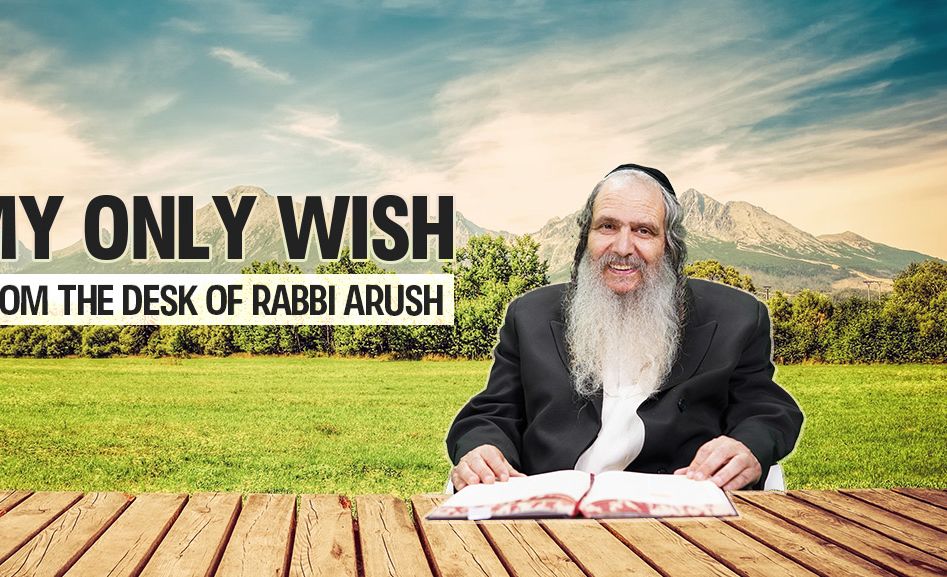


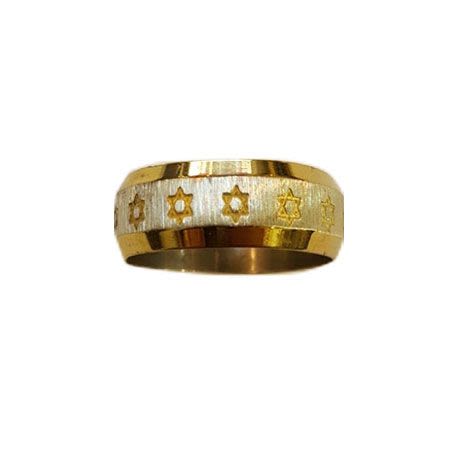
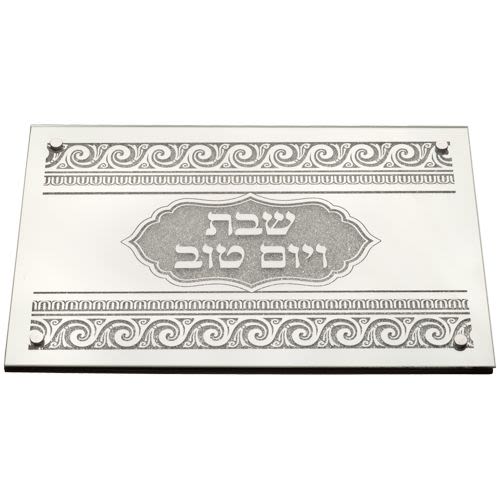
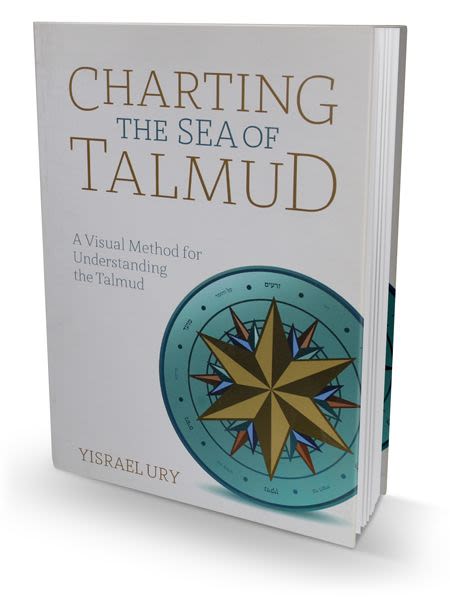
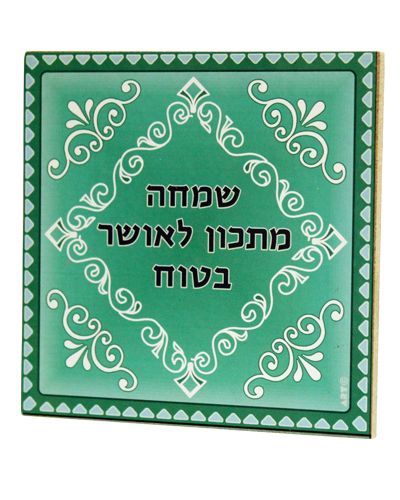
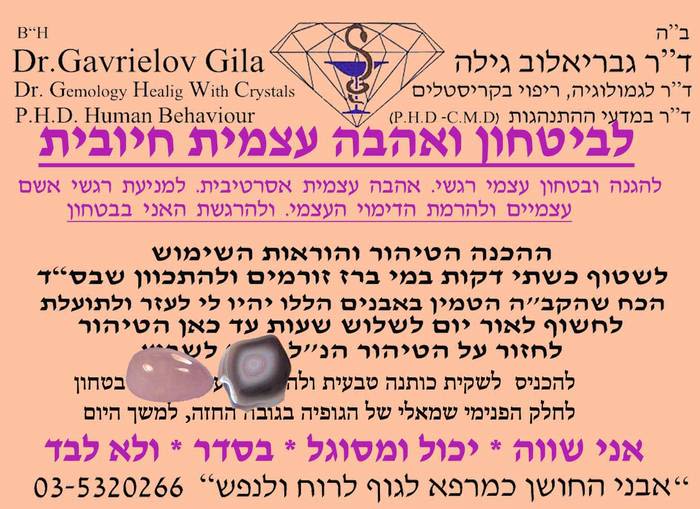
Tell us what you think!
Thank you for your comment!
It will be published after approval by the Editor.